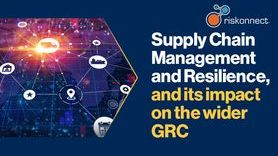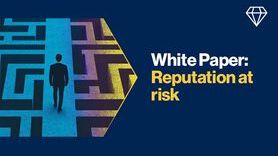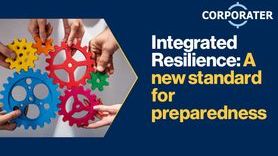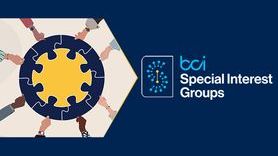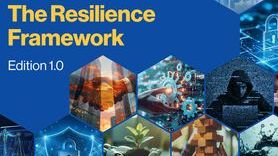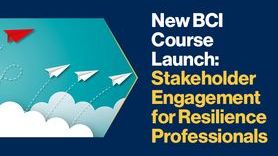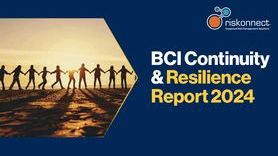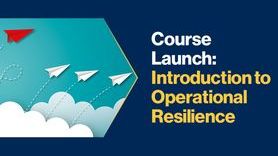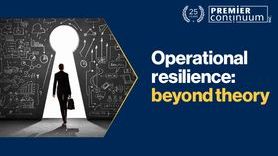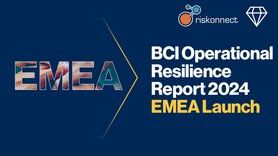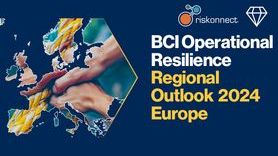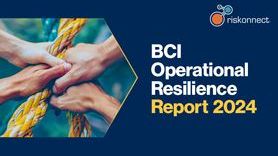Understanding emotional reactions to the COVID-19 pandemic and how we can help ourselves

By now, many organisations’ contingency plans have come into effect. Employees may be working remotely or adjusting to major changes in the workplace. Systems are in place and the business is continuing. You may even have given your employees guidance on how best to adjust to working from home or ideas on self-care.
However, we are increasingly seeing one missing piece of the solution that can undermine everything else that has been done.
Whilst there is a lot of information about how we can adapt and look after ourselves, there is much less information about changes to how we may be feeling and thinking. This crucial ingredient of crisis psychology is called “normalisation.”
When something happens that is distressing, unexpected or affects the people we are close to, most people will experience a reaction that can be unpleasant, disturbing and potentially overwhelming. When we feel we can’t control the outcome, and our usual way of living is threatened or disrupted, then this is particularly hard. The current COVID-19 pandemic means that it is just as important to look after our mental health and wellbeing as it is our physical health.
At the forefront of managing crisis mental health, we’re hearing the same things from people:
“Is it normal to keep crying for no apparent reason?”
“I just feel generally anxious all the time and can’t seem to settle. I feel like I’m not in control of my mind.”
“I have absolutely no appetite and my chest feels really tight.”
“I don’t know why but I’m really struggling to motivate myself - even getting dressed feels hard. Is that normal?”
Normalisation explains why the body and brain are reacting in this way. It should make sense in language that people can relate to. It should offer guidance on what people can do to help the reaction to settle. It should empower people in drawing up action plans that give them a sense of control as they now have a clear understanding of their reaction and rationale for action.
Following a crisis, this kind of psychological education is advised by (amongst many others) the World Health Organization, British Psychological Society and International Critical Incident Stress Foundation. The ISO22330 “Guidelines for people aspects of business continuity” also emphasise the need for appropriate psychological education.
Unless we normalise the emotional reaction, we are very unlikely to engage people in the actions that will help them take care of themselves and adjust to what is happening.
In response to people’s questions, BCI partner KRTS International have created a free resource that helps your employees to understand the range of psychological and emotional reactions and provides simple strategies to help them over the coming weeks.
Follow the link to download your copy: https://powertorespond.com/news/emotional-responses-to-covid-19/
Crisis events can cause a great deal of shock – then emotional disturbance that may take time to subside. Once we understand and accept our emotional responses, we are far more likely to be able to take steps that will help.


